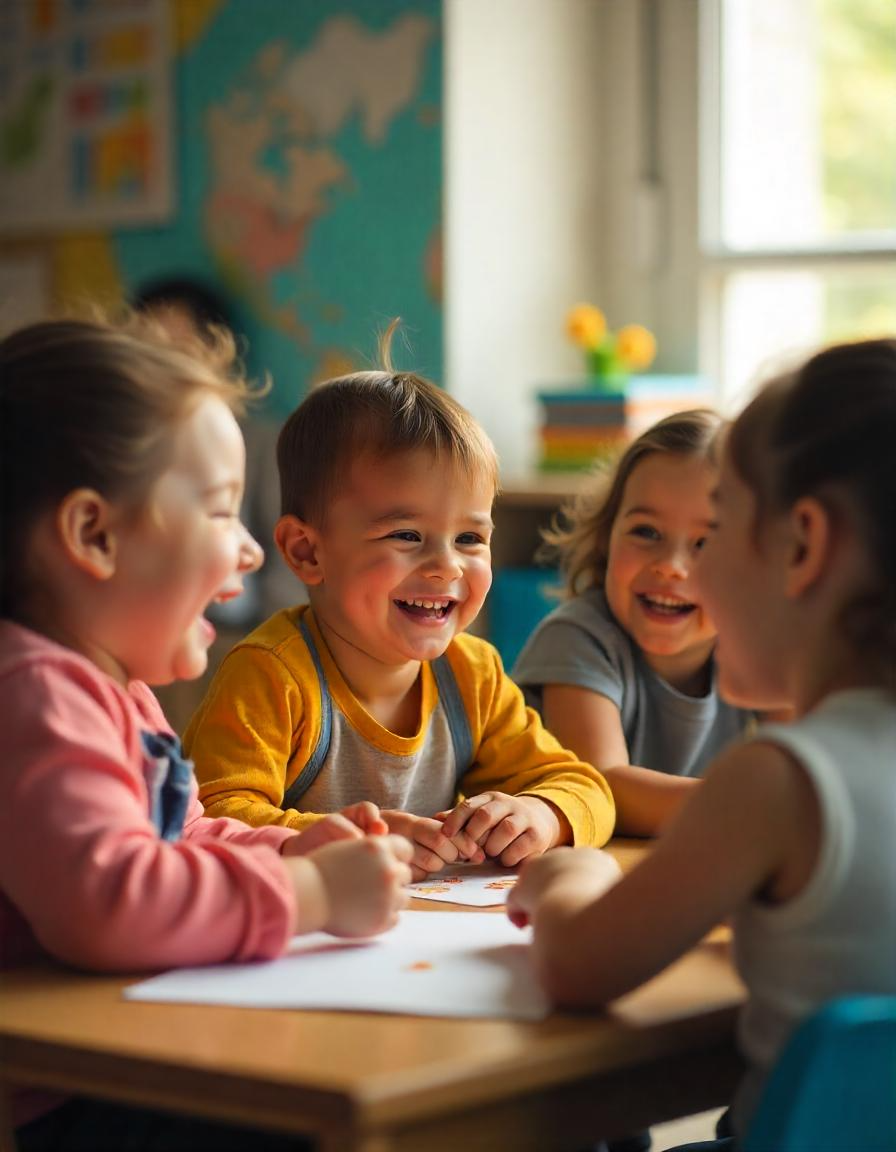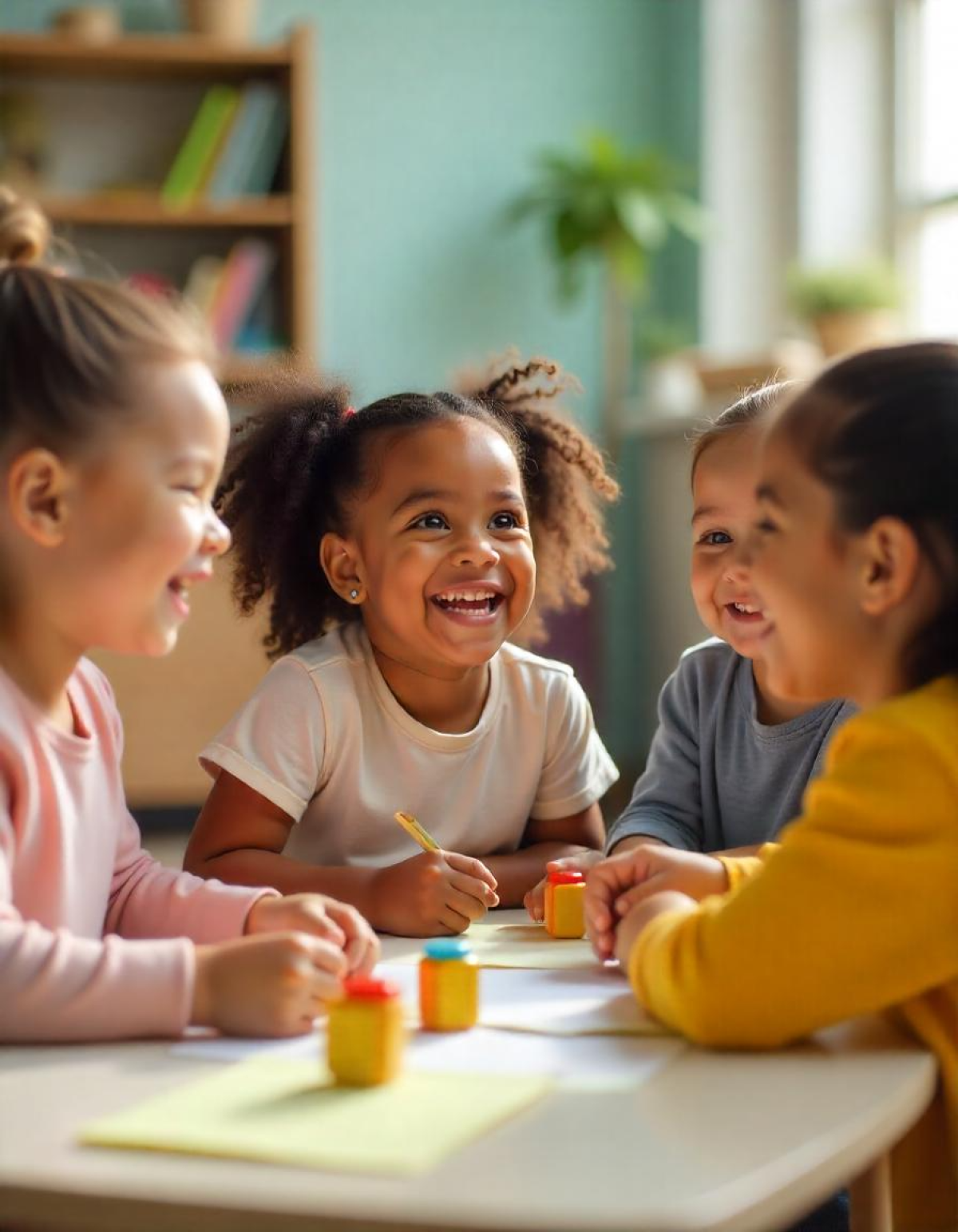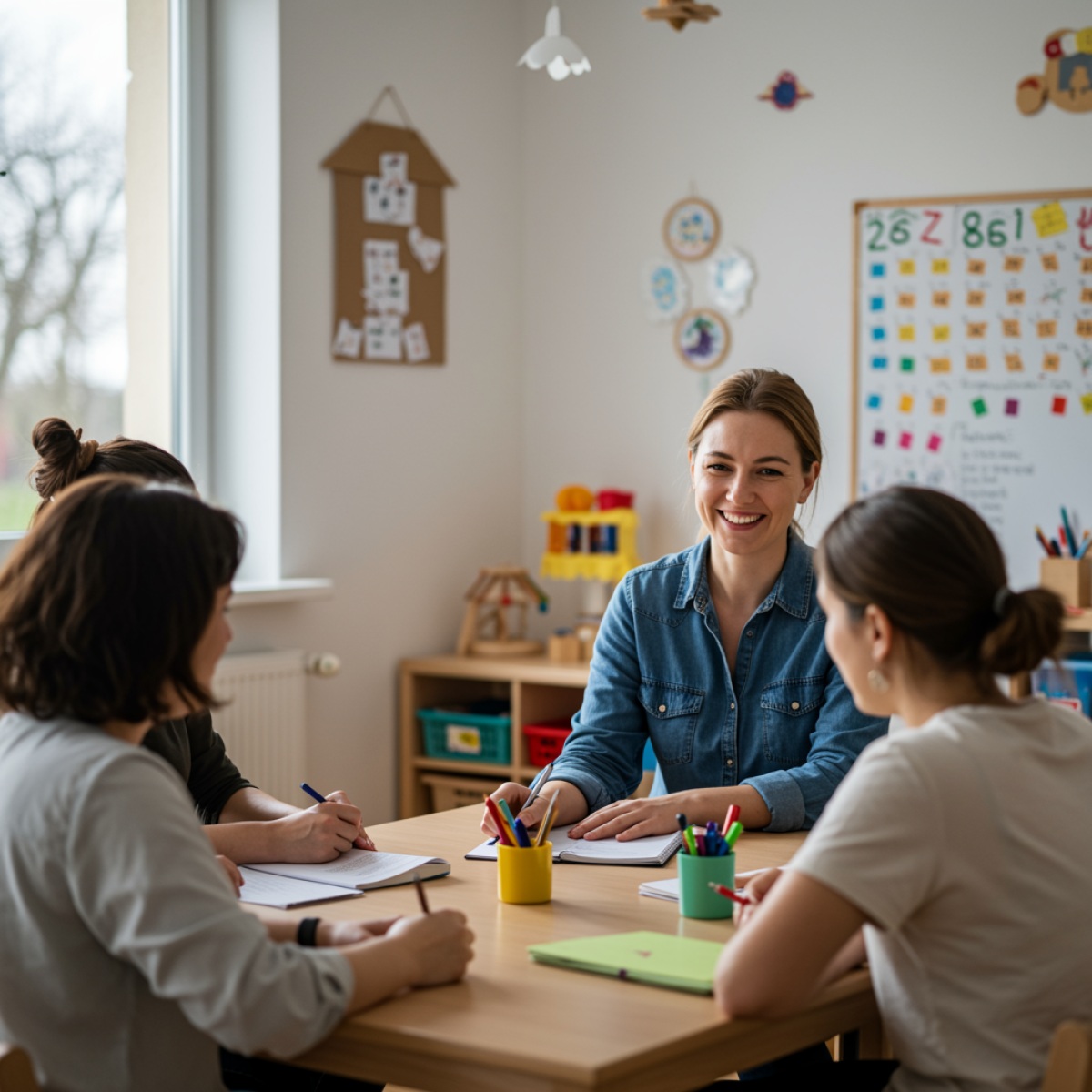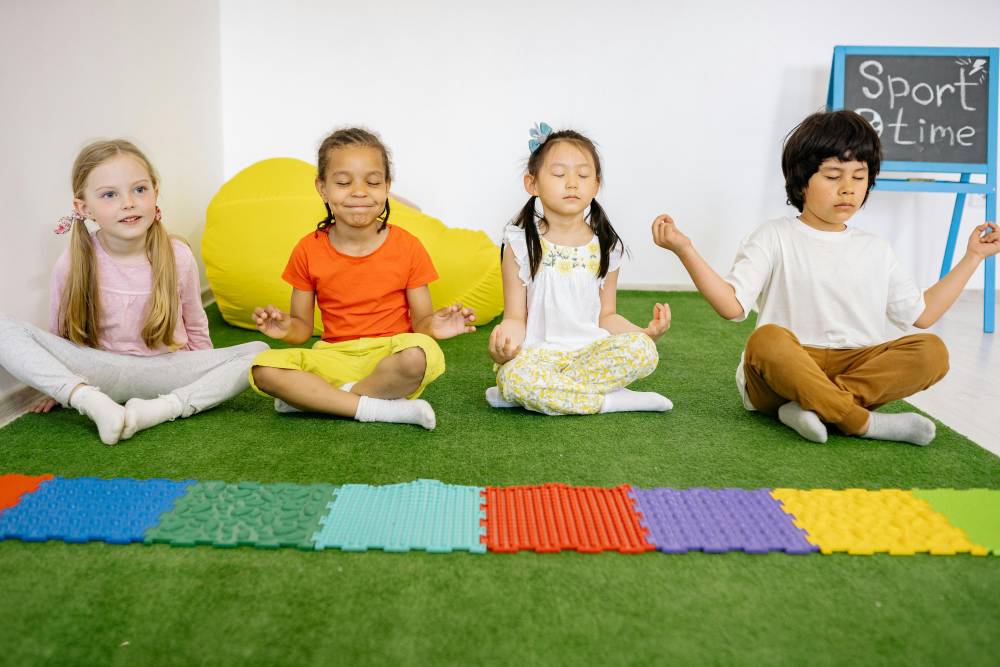Have you ever heard the phrase, "don't joke around"? It's often used to remind people, young and old, to be serious and avoid frivolous banter. While seriousness certainly has its time and place, early childhood education offers a strong case for embracing humor and allowing children to express themselves through play, even when joking around.
Here’s why it’s essential to incorporate laughter and humor into early childhood education:
Emotional Expression: Laughter and humor provide a safe, constructive outlet for children to express their emotions. When children are encouraged to joke and interact playfully with peers, they develop social skills and learn to manage their feelings. Humor, in this sense, is a valuable tool for emotional growth. With tools like Kidsday, teachers can easily report the mood of a child and share real-time updates with parents, ensuring emotional development is tracked and supported.
Creative Thinking: Humor often arises from the unexpected, encouraging children to think outside the box. When children are free to be themselves and use their imagination in a playful way, they become more creative problem solvers and critical thinkers.
Positive Learning Environment: A classroom that values laughter and humor promotes a positive learning environment. Children who associate school with joy and fun are more likely to be engaged and enthusiastic about learning. A classroom filled with laughter is one where students feel safe to explore and take risks. With Kidsday, educators can instantly send photos to parents, creating a connection that enhances the learning experience.
Stress Relief: Just as adults benefit from a good laugh to reduce stress, children do too. Laughter triggers the release of endorphins, which are natural mood lifters. By integrating humor into the learning process, we help children manage the stresses of school and life. With the Kidsday app, teachers can keep parents informed in real-time, sharing moments of joy that lighten the mood.
Building Connections: Joking and sharing laughter with peers fosters a sense of belonging and camaraderie. Children who connect through humor build strong social bonds that can last a lifetime. These connections enhance their social skills and create a support network essential for their overall well-being. Kidsday further strengthens this bond by helping parents stay connected with daily updates and photos of their child's development.

Intellectual Development: Humor is often seen as the highest form of intelligence. Understanding and creating humor involves complex cognitive processes like pattern recognition, language comprehension, and problem-solving. Encouraging children to joke around nurtures their intellectual growth.
Embracing humor in early childhood education is key to creating a well-rounded learning experience. By allowing children to be themselves, laugh, and joke around, we not only nurture their emotional and social growth but also enhance their intellectual capacities. And with tools like kidsday, teachers can track and share these moments with parents in real time, reinforcing the connection between laughter, learning, and growth. So, the next time you hear a child's playful giggle or witty remark, remember—it’s a sign of their creativity and intelligence at work, and it’s a lesson worth celebrating!





